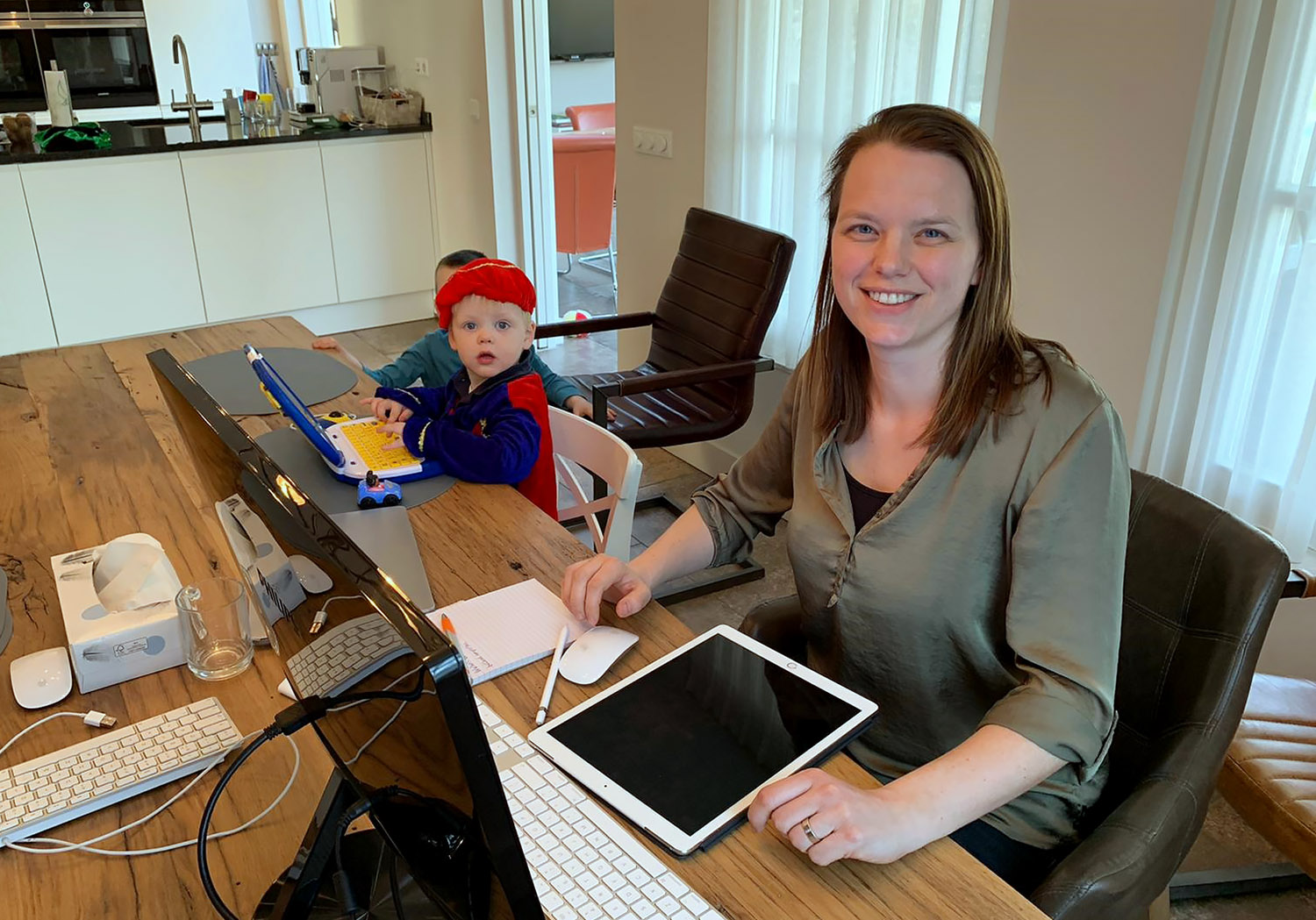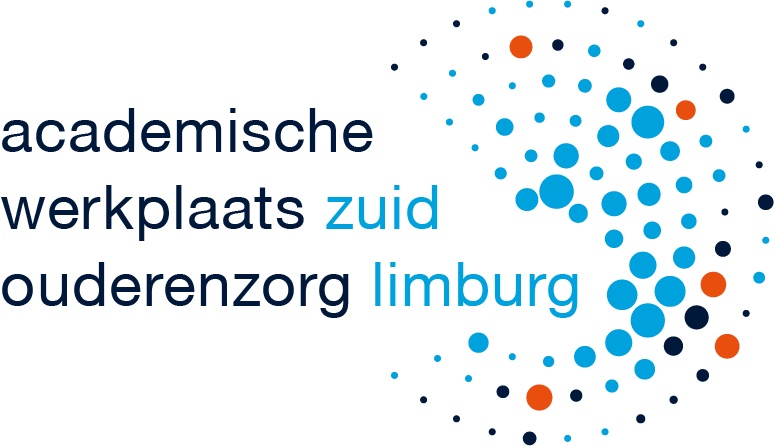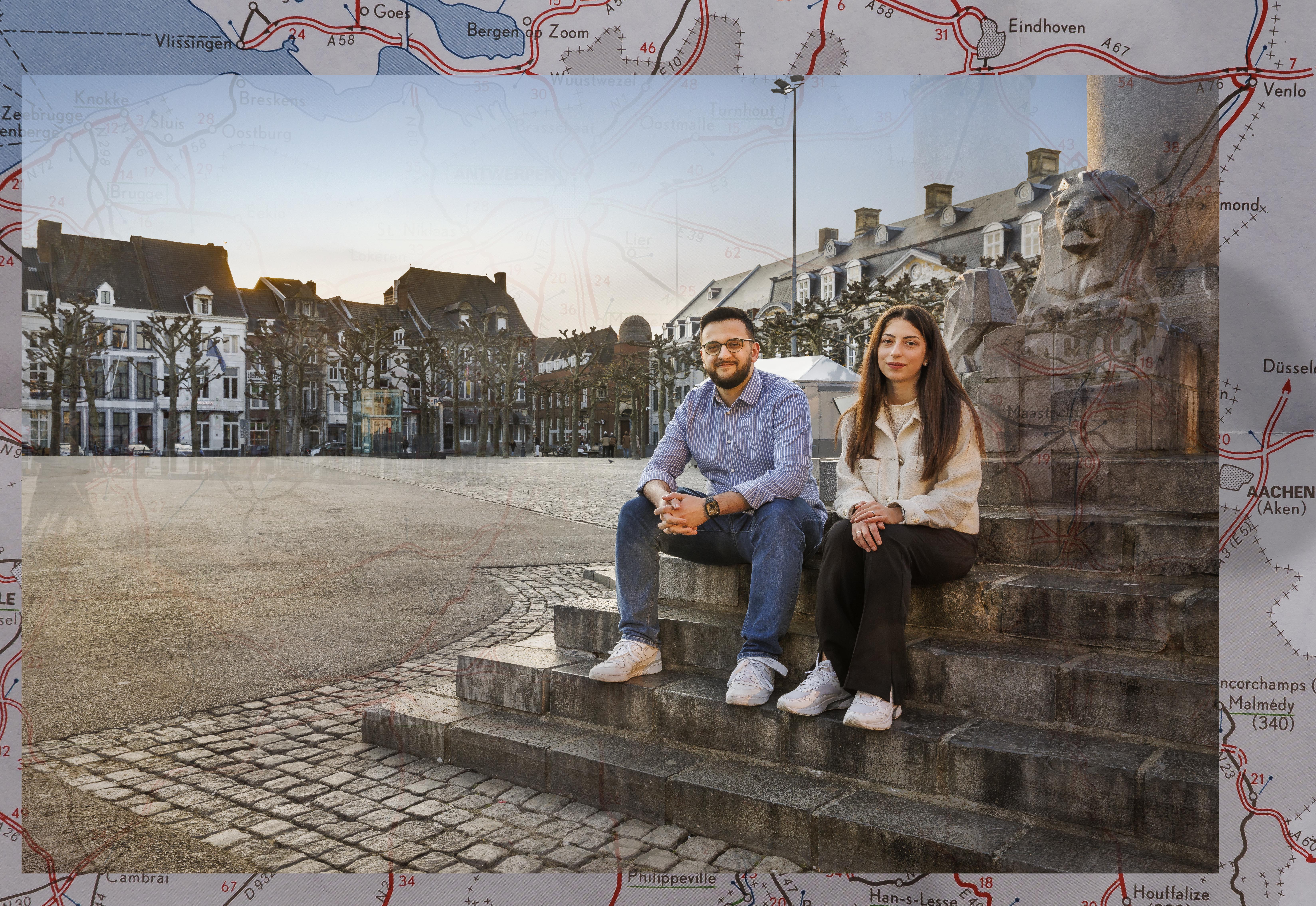‘Loneliness is looming’
The coronavirus is hitting vulnerable elderly people the hardest in every respect. Not only do they face the greatest risk of dying from the disease, but they are also particularly affected by the strict government measures to prevent the virus from spreading. We hear from Hilde Verbeek, Professor of Care Environments for Vulnerable Older People and scientific director of the Living Lab in Ageing and Long-Term Care in South Limburg (AWO-ZL).
"The corona crisis is having a huge impact on everyone at AWO-ZL. In the first place, of course, it affects the care organisations that are working day and night to protect the health of the most vulnerable group of elderly people. The coronavirus is putting intense pressure on care for the elderly, both in the home and in nursing homes. It’s very likely that more staff will soon be needed than are currently working in care for the elderly. So at AWO-ZL we recently launched an initiative to find extra volunteers to care for older people in Limburg. (https://www.academischewerkplaatsouderenzorg.nl/awozlzorgpool)
At the same time, we’re now also receiving specific questions about the effect of the virus in nursing homes. For example, at the request of the Ministry of Health (VWS), we’ve started a survey on the consequences of the virus in long-term care, together with other equivalent organisations in the Netherlands. We’re looking at how often the virus is occurring, for instance, how the disease progresses and how informal caregivers are being affected. Based on standard data and reports from crisis teams, we’re trying to answer these kinds of questions, and the ministry can use the information as input for policy. For example, particularly in care for the elderly, it’s very important that testing for the virus should be more easily accessible to staff and clients. Both groups are unsure whether they have the virus themselves, so they may be able to infect other people, especially since they’re often in close contact with each other. It’s also important to test whether staff have already had the virus. There is another type of test for this, which checks for antibodies. A broader testing policy will give a clearer picture. Fortunately this is now happening.
What’s more, the crisis is having major consequences for colleges and universities, which suddenly have to shift all their programmes online. That demands a lot from the teaching staff. What’s the best way to present the teaching material? How can you continue to activate and motivate students? How should you test them? Particularly in problem-based learning, where a lot depends on learning in context, cooperation with other people is crucial. Didactically, this presents new challenges, which we now have to respond to in a very short space of time. Also, students are often unable to continue their healthcare internships."
What impact are strict measures like closing nursing homes to visitors having on the AWO-ZL studies that are in progress?
"All research activities in current projects at AWO-ZL have virtually come to a standstill. More than a week before the government announced the strict measures, we were already no longer allowed to have any direct contact with home care workers, or with the staff and residents of nursing homes. These measures are totally understandable, I might add. This also means that healthcare staff weren’t able to attend events we had organised, such as a World Cafe in which we were going to discuss our research results with staff, the elderly, relatives and policymakers. At the moment, it’s hard to see what the crisis will exactly mean for the projects that are in progress. Project leaders are following developments closely and are also in contact with the funding bodies. I’ve no idea when the situation will return to normal. Healthcare organisations are now under immense pressure and only time will tell what the ultimate impact on our research projects will be."
What does the virus, and in particular the measures to combat it, mean for people with dementia?
"The social distancing measures are having a huge impact on people with dementia and their families, both in the home and in nursing homes, because people with dementia are totally dependent on their families in daily life. Of course, it’s awful if your friends and family can’t visit you anymore. Loneliness is looming, and there are also feelings of insecurity and fear. People with dementia find it hard to understand the measures and they can’t remember why their days have suddenly changed so much.
Fortunately, in practice there are various initiatives that enable people to maintain social contact, for example by making video calls, exchanging photos or creating a digital life story. You also see that schoolchildren who are now at home making craftwork are then giving it to elderly people in nursing homes. For example, my son, who’s in the first year at primary school, was given a little wooden board in postcard format to make something with. At the same time, staff and support services at nursing homes are also creatively looking for ways to provide much-needed attention, at an individual level, so it’s ‘corona proof’. There’s a great sense of togetherness. It’s nice to see that everyone is doing their best to find alternative solutions for this vulnerable target group."

How do you organize distance learning?
"In the block that I’m currently coordinating, we get the students to keep up to date on current affairs related to the theme of their working group, for example on long-term care for the elderly. They then make a vlog about it at the end of the block. We’re now relating this specifically to the coronavirus: what’s the impact on the various stakeholders in healthcare? On clients and their loved ones, for instance, and also on healthcare providers, policymakers or health insurance companies. On 6 April, we start the block I coordinate for third-year Health Sciences students. This course relies heavily on group work among students and takes place in close collaboration with the professional field. We normally organise a final symposium in which students present their work to various external stakeholders, such as health insurance companies, the Health and Youth Care Inspectorate, patient organisations and hospital boards. All these activities have now been cancelled.
In the block planning group, we’re currently looking at how we can organise remote learning without losing the strength of the block. We’re using digital working groups, vlogs, discussion groups, and small study teams of about three students who are working together on assignments. It’s good that UM is responding quickly and offering the right programmes. In the planning group, we’re also paying attention to issues such as how we can ensure students still have a feeling of togetherness despite being physically separate. And how can we promote the right skills and still leave enough freedom for students to master the material themselves?"
What is your current working day like?
"My days have completely changed now I’m working full-time from home. I’ve also got two small children at home, aged five and two, who can’t go to school or day care. My husband is now also working at home full-time, so we try to coordinate our work and childcare as best we can. We divide up the day so one of us can work quietly in our home office while the other works at the kitchen table, and then for the next period we switch. I’m also doing extra work in the evening, when the children are in bed. A lot of meetings which are difficult or impossible to organise online have been cancelled. On the one hand this makes room in my schedule, but on the other hand, new tasks have been added, such as switching to online education. I’m constantly trying to find a good work-life balance."
By: Mark van der Linde

What is the AWO-ZL collaboration?
The living lab, which is an Academic Collaborative Centre on Care for Older People (ACC-OP), is a formal multidisciplinary network consisting of Maastricht University, seven large long-term care organizations, Gilde Intermediate Vocational Training Institute and Zuyd University of Applied Sciences, all located in the southern part of the Netherlands. The model was developed in 1998 as a collaboration between Maastricht University and one long-term care organization. Now they cover seven long-term care organizations, including about 100 care locations and about 15,000 long-term care staff.
The aim of this living lab is structural multidisciplinary collaboration between research, policy, education and practice; essential to improve quality of long-term care in nursing homes.
This article is part of 'We're Open', a series of stories about the UM community’s many activities during the coronavirus pandemic.
Also read
-
Meet Lillianne Evertsz, whose journey from HBO to higher education epitomizes resilience. Initially challenged by high tuition fees, Lillianne's dreams of university education seemed unattainable until she received a scholarship. This support enabled her to pursue her desired program without the...
-
Students at Maastricht University can turn to the Wellbeing Team for a year round programme focused on mental and physical health. This includes a wide range of lectures and workshops on the Wellbeing Wednesdays as well as two annual Wellbeing Weeks full of activities such as the Wellbeing...
-
How an honours programme is staving off brain drain
In the KE@Work programme, students solve a complex, real-world problem while working at a local company. An honours track of the bachelor’s in Data Science and Artificial Intelligence, KE@Work provides ambitious students with valuable work...

